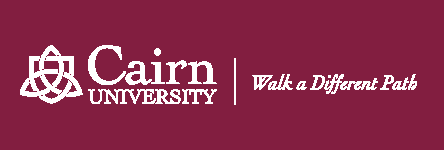 "Mason's
Notes"
"Mason's
Notes"|
Understanding The Bible |
Dr. Clarence E. Mason, Jr.
Philadelphia College of Bible
1969
THE BOOK OF ECCLESIASTES
Notes on Ecclesiastes: Part 3 - The Better Findings of Human Wisdom
 "Mason's
Notes"
"Mason's
Notes"
 200 Manor Avenue Langhorne, PA 19047 United States of America |
"Mason's Notes" Study materials on this website are made available here free, through the generosity of Cairn University, and may be copied for use in Bible study groups, in limited numbers, providing that no charge is made for them. No further distribution or use of these materials is allowable under U.S. or International Copyright Law without the express permission of Cairn University. |
20160408